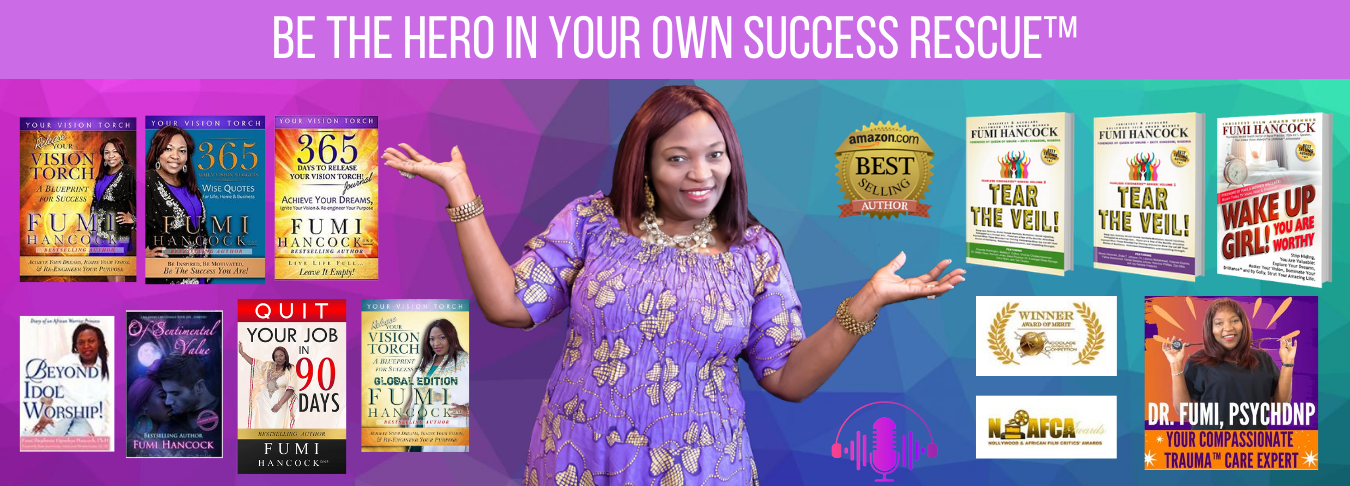 One of the big differences between a great speaker and an average (or poor) speaker is performance, and part of that performance is your ability to work from notes and memorize your speech. If you have trouble remembering lines, you may want to print out this blog article and follow the steps. Knowing your speech will allow you to concentrate on performance. You should be trying to work without your script as much as possible—and if you can do that, you will be ahead of the untold thousands of “public” speakers who are glued to their visual aids. Let’s take a look at memorizing your speech.
One of the big differences between a great speaker and an average (or poor) speaker is performance, and part of that performance is your ability to work from notes and memorize your speech. If you have trouble remembering lines, you may want to print out this blog article and follow the steps. Knowing your speech will allow you to concentrate on performance. You should be trying to work without your script as much as possible—and if you can do that, you will be ahead of the untold thousands of “public” speakers who are glued to their visual aids. Let’s take a look at memorizing your speech.
Move to Memorize
You will memorize your lines much faster if you move around, gesture, and show emotion as you say them. Don’t just say the words, but mimic the movements you’ll be making when you deliver the words. This will help your whole body understand the lines better. Even if you’re not gesturing, just try pacing back and forth as you recite the lines. This will still be a big help.
Repeat Yourself… I Said, REPEAT YOURSELF!
Once you feel very comfortable with your lines, you should take the opportunity to applaud yourself, but don’t stop practicing. You should still repeat your lines as much as possible until they feel like second nature to you. You should keep repeating your lines until the day you must deliver them, or you may forget them by the time you give your speech.
Just Relax!
This might be the most important point on this list. You should relax while you’re memorizing your lines and before you must deliver the lines. If you don’t relax, then you’ll be more likely to forget your lines in the middle of a rehearsal or even on the big day.
Try Word Tricks
If you’re stuck memorizing your lines, try a variety of words tricks to help you fully absorb the lines. Try to use rhymes to help you remember the right words in a sentence. You can also try visualization—just try to visualize the words you will say and what feeling you will convey. If you can tap into the emotion, the words will come easily.
Just One Piece at a Time
You don’t have to memorize your lines exactly from start to finish if you have a long chunk of lines, or an entire hour’s worth of lines, to memorize. Instead, you should break down your lines into manageable parts that flow from one part to another so that you have a good grasp of all the lines eventually.
YOUR VISION TORCH Series
Achieve Your Dreams, Ignite Your Vision, & Re-engineer Your Life Purpose
More blog articles at www.yourinneryou.com
Dear Princess Column at: www.sentimentalnursewriter.com
Download your free sample here







